Sustainability
Helping Farmers to Further Reduce Carbon Footprint
Specialist Nutrition is committed to powering farm performance sustainably. Our role is to strengthen farmers’ respected position as guardians of the environment by providing (for example):
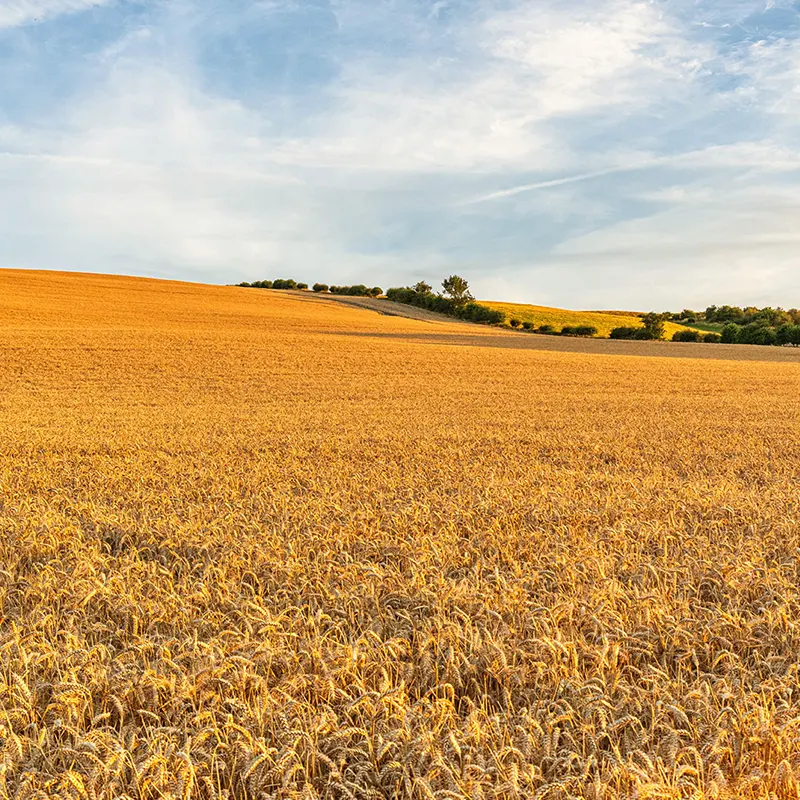
Expert Advice for Greener High-Performance Farming
You can rely on our nutritionists to provide expert on-farm recommendations to drive sustainable practices while increasing grass/forage yield, weight gain or milk outputs and quality.
An initial consultation will involve a full survey of your farm nutrition practices, taking into account soil quality, grass quality, silage quality, forage quality, dietary supplementation, animal health conditions, housing conditions, and much more.
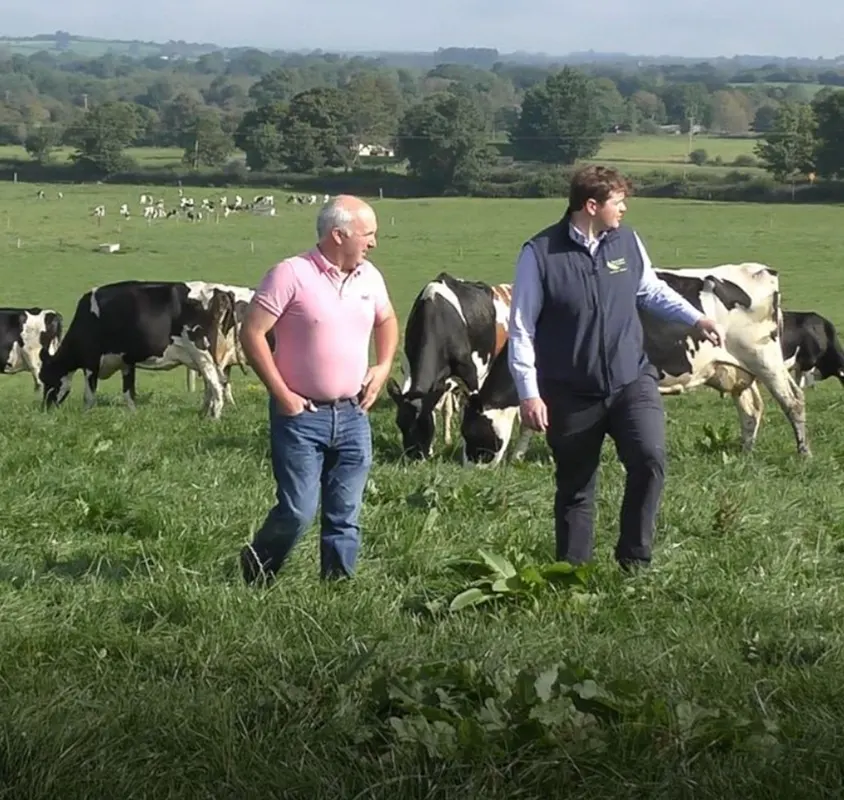
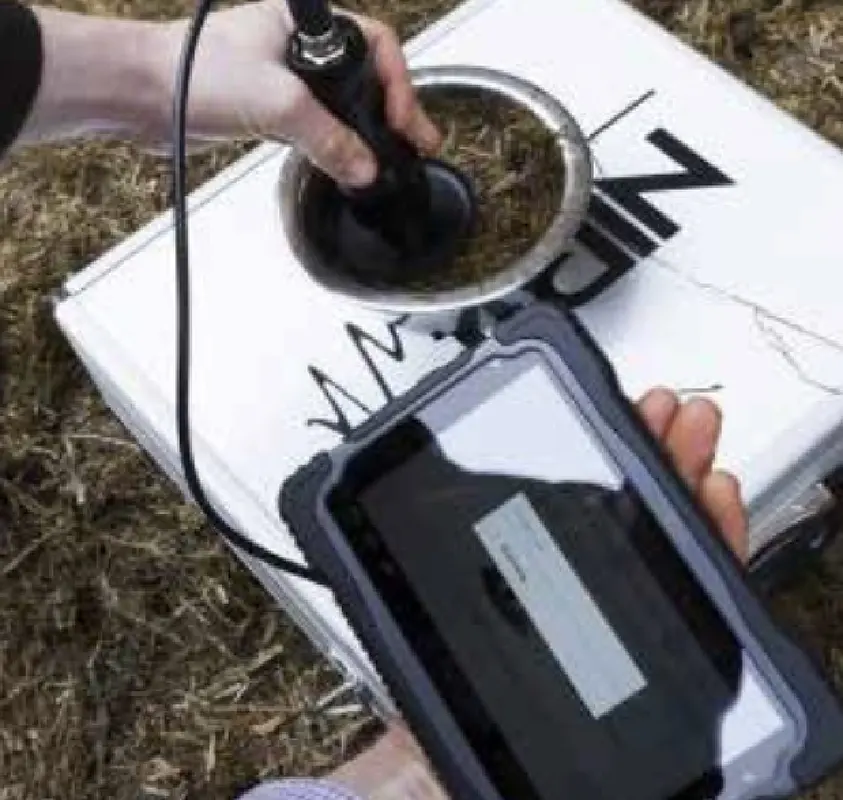
This on-farm analysis, along with laboratory results, will inform recommendations for improvements in any areas where issues are identified. These could include:
Highly Nutritious Alternative Feed That’s Local To You
Specialist Nutrition is a provider of Irish-grown moist farm feed products which are delivered from breweries and distilleries local to you.
By choosing alternative feed stuffs from Specialist Nutrition when you are low on grass or homegrown forage, you are contributing to global sustainability as well as supporting local tillage farming. Other commonly used alternative feedstuffs have a substantial negative impact on the carbon footprint of Irish farming and globally. Proteins such as soya bean, which arrives on freight from far away regions like South America, palm kernel from places like Malaysia, or rapeseed from Europe and the UK have been traditionally utilised on Irish farms as they are often key ingredients in pellets (‘nuts’) or meal.
The carbon footprint involved in growing and harvesting soya beans, for example, is also dramatically higher. That’s before considering the impact of the transportation of this raw material halfway around the world followed by the production to create meal or pellets when it arrives in Ireland.
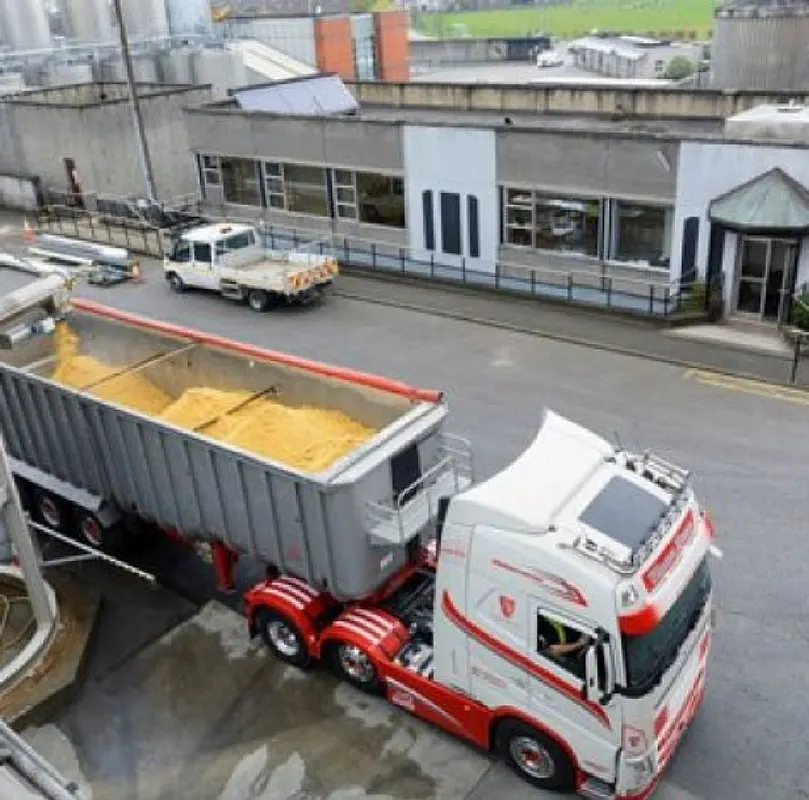
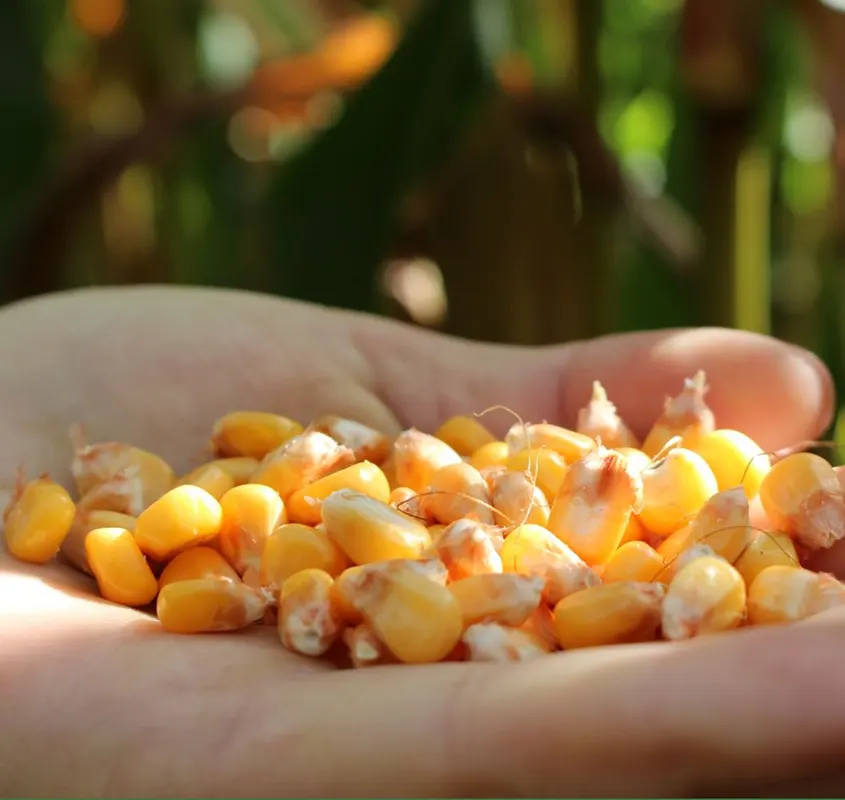
Compare that to the grain which is grown locally for use in local distilleries and then simply transported by lorry to local farms for use as feed, with no further processing or energy consumption. From a sustainability point of view, it’s an obvious choice for farmers to reduce their carbon footprints by using co-products as alternative feedstuffs — and they also offer optimum levels of animal nutrition.
The overall benefits in terms of optimising animal nutrition and industry sustainability far outweigh those of solely employing more traditional imported feed methods.
Co-products may be stored on-farm for long periods with the right storage facilities and management. They can easily be mixed with drier feed sources, compressed and ensiled, or pitted with a secure silage cover such as Silostop to ensure availability as a very palatable feed source for long periods.

